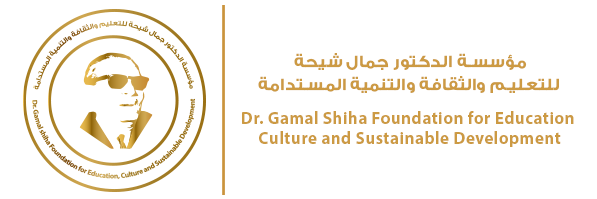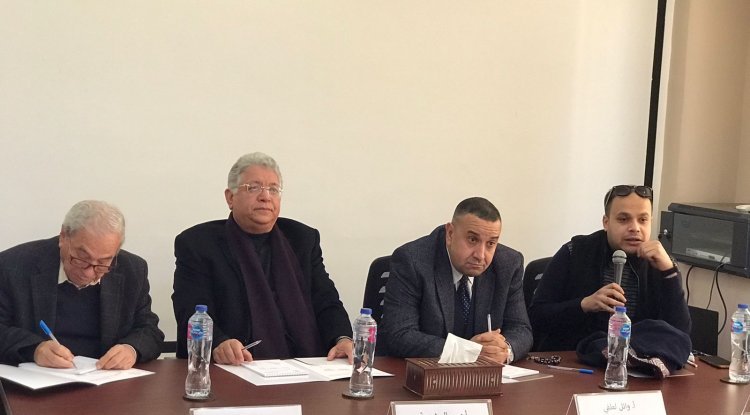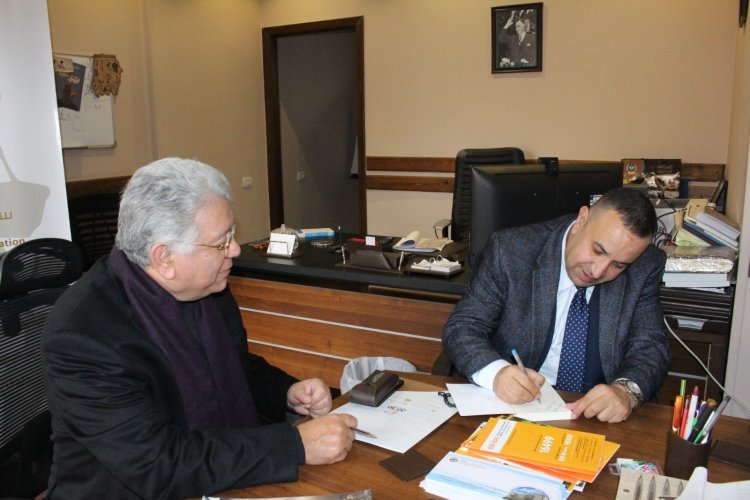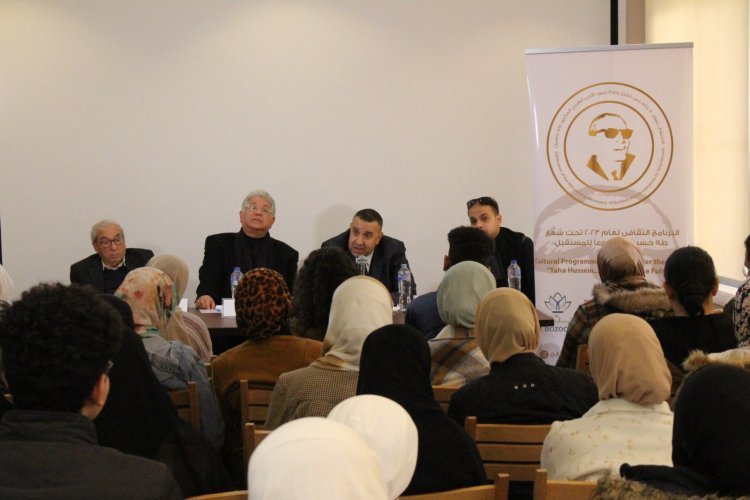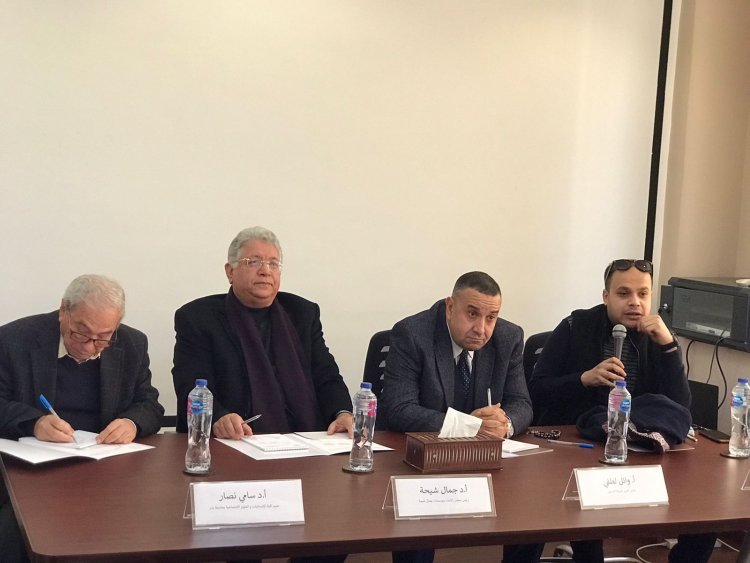Shiha Foundation discusses Taha Hussein testament to Egyptians
Dr. Shiha: The role of universities must be strengthened so that they become scientific research centers with absolute freedom and good funding.
Wael Lutfi: His testament is considered a roadmap for passing through to a better future for generations.
Yesterday evening, the Gamal Shiha Foundation for Education, Culture and Sustainable Development organized the second event of the cultural program "Taha Hussein: A Project for the Future." It came in the presence of Prof. Dr. Sami Nassar, Dean of the College of Humanities and Social Sciences at Badr University, Prof. Dr. Gamal Shiha, Rapporteur of the Education and Scientific Research Committee of the National Dialogue, and Chairman of the Board of Trustees of the Shiha Foundation, journalist and writer, Wael Lotfi, editor-in-chief of Al-Dustour newspaper, and the journalist, Mustafa Taher, editor of cultural and artistic affairs at Al-Ahram Gate. The singer Ahmed Ismail concluded the meeting with a distinguished artistic paragraph.

At the outset of his speech, Wael Lutfi recounted the life path of the dean of Arabic literature, Taha Hussein, his ambition, struggle, revolution, methodology, principles in which he believed and fought for, and the battles he fought for enlightenment, change and free education. He also recounted his marriage to Suzanne Brisso, a French woman who supported him throughout his life and helped him to read more and more in French and Latin. He pointed out that whoever contemplates the life of Taha Hussein finds multiple messages in it on the human level and cognitive achievement. This is the man who raised the slogan "free education" and was the first to warn the ruling elite of the need for free education in all its stages, leading to university education for all Egyptians.

Lutfi also indicated that Dr. Taha Hussein's testament includes:
1- Making education compulsory and free for all Egyptians, with an emphasis on democracy being achieved only through real education.
2- Openness to the West and interest in translation and all that Western thought reaches.
3- Paying attention to Islamic history, writing and reviewing it from a modern point of view.
4- Having Egyptian schools in the Arab countries, just as we have English and French schools in Egypt.
5- Paying attention to higher education and establishing universities at the level of Cairo University.

In a related context, Dr. Sami Nassar stressed the importance of the individual's freedom of choice and rational thinking, as well as, criticizing, questioning, and analyzing everything whatever its source maybe. In his speech, he cited the model of Taha Hussein, who adopted Descartes' doctrine of "doubt" and the principle of "I doubt, I think, I exist," confirming the saying, “ nothing enters my mind except what is clear and distinct of ideas.” He also drew attention during his speech to the book entitled: The Future of Culture in Egypt by Taha Hussein. He described the book by saying that whoever reads it puts his hand on the source and basis of modern culture in its broadest sense.

For his part, Dr. Gamal Shiha stated that the mission, vision, and even the slogan of the Shiha Foundation are fully embodied in the personality of Taha Hussein. The foundation sees in him a project for the future, as it is a symbol of challenge, success, and the realization of the mind for change and development. Dr. Gamal Shiha also pointed out the need for "universities to be universities," that is, to be centers for free scientific research. Education should not just be schools based on indoctrination and quantity. He also pointed out that this is something that the Dean has always strived for, and today the Foundation is renewing it through its cultural program "Taha Hussein, a Project for the Future."

Finally, Hassan Ghazaly, general coordinator of the cultural program "Taha Hussein: A Project for the Future," explained that the program's meetings will continue throughout the year 2023, and the current month of February will witness a number of meetings and seminars. Senior thinkers and writers will be hosted to open a practical discussion about Dr. Taha Hussein's vision for development, and to get acquainted with the dean's speech, how he illuminated the thinking of Egyptians, how his message was, and what issues he dealt with.
